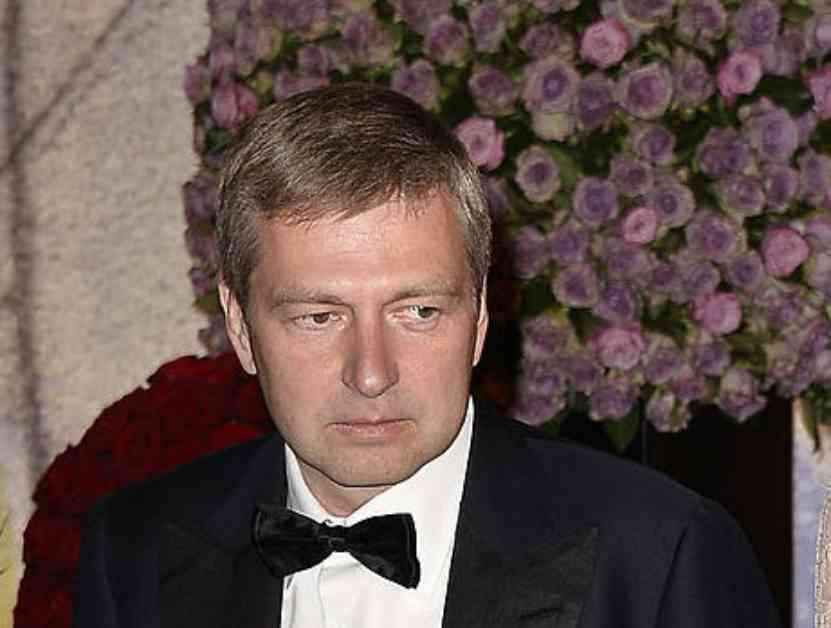Dmitriy Rybolovlev, the Russian billionaire and majority owner of the French football club AS Monaco, was recently acquitted of all criminal charges by Monaco’s Court of Appeal on February 27. This ruling also absolved his lawyer, Tetiana Bersheda, marking the conclusion of a seven-year legal battle linked to allegations of influence-peddling in the high-stakes art market.
The crux of the case revolved around messages extracted from Bersheda’s phone, which the European Court of Human Rights (ECHR) determined in 2024 had been obtained illegally. Leveraging this pivotal ruling, the Monaco court deemed the proceedings “irreparably flawed” and subsequently nullified them. This decision echoed a similar stance taken by Swiss prosecutors who dismissed related charges in late 2024.
Excessive Data Extraction and Privacy Violations
The ECHR’s investigation revealed that Monaco’s investigative authorities had exceeded legal boundaries by permitting the unfettered extraction of data from Bersheda’s phone without clear constraints. This unrestricted access led to the indiscriminate retrieval of messages, even those previously deleted, infringing upon privacy rights and attorney-client privilege.
Throughout the protracted legal ordeal, Rybolovlev and Bersheda consistently professed their innocence. Their legal representatives released a statement denouncing the charges as “baseless.” Notably, Rybolovlev was vindicated in November 2023, while Bersheda was acquitted in March 2024 on privacy violation allegations. Their lawyers hailed the recent ruling as a long-awaited validation of their clients’ innocence.
Martin Reynard, Rybolovlev’s current attorney, expressed his views on the case’s outcome, stating to ARTnews via email, “The only conceivable decision was to annul all of the irreparably flawed proceedings (based on the unlawful extraction and use of the lawyer’s phone), in which Dmitriy Rybolovlev was unjustly indicted in 2018.”
The Ongoing Saga of Rybolovlev vs. Bouvier
At the heart of the legal dispute lay a highly publicized feud between Rybolovlev and Swiss art dealer Yves Bouvier. The billionaire alleged that Bouvier had overcharged him by nearly $1 billion across various blue-chip art acquisitions, encompassing works by Modigliani, Picasso, Klimt, and the illustrious Salvator Mundi by Leonardo da Vinci. Rybolovlev’s litigious endeavors, entwined with purported attempts to exploit Monaco’s legal and political elite, transformed the conflict into a broader scandal dubbed “MonacoGate.”
Although the Monaco proceedings have been nullified, Rybolovlev has encountered legal setbacks elsewhere. Swiss authorities recently dropped charges accusing him of unlawfully influencing Bouvier’s 2015 arrest in Monaco, citing insufficient evidence for an indictment. Despite pursuing legal recourse in multiple jurisdictions, Rybolovlev faced defeats in courts across Switzerland, Singapore, and New York, including a thwarted endeavor to hold Sotheby’s accountable for Bouvier’s alleged deceit.
The recent ruling appears to signal the conclusion of Rybolovlev’s legal woes. Yet, whether this development truly marks the end of his protracted conflict with Bouvier remains uncertain.
In conclusion, the Monaco Court’s annulment of the case against Dmitriy Rybolovlev and Tetiana Bersheda represents a significant milestone in a convoluted legal saga that has captivated international attention. As the dust settles on this chapter, the repercussions of this ruling on the broader art market and legal landscape remain to be seen.












